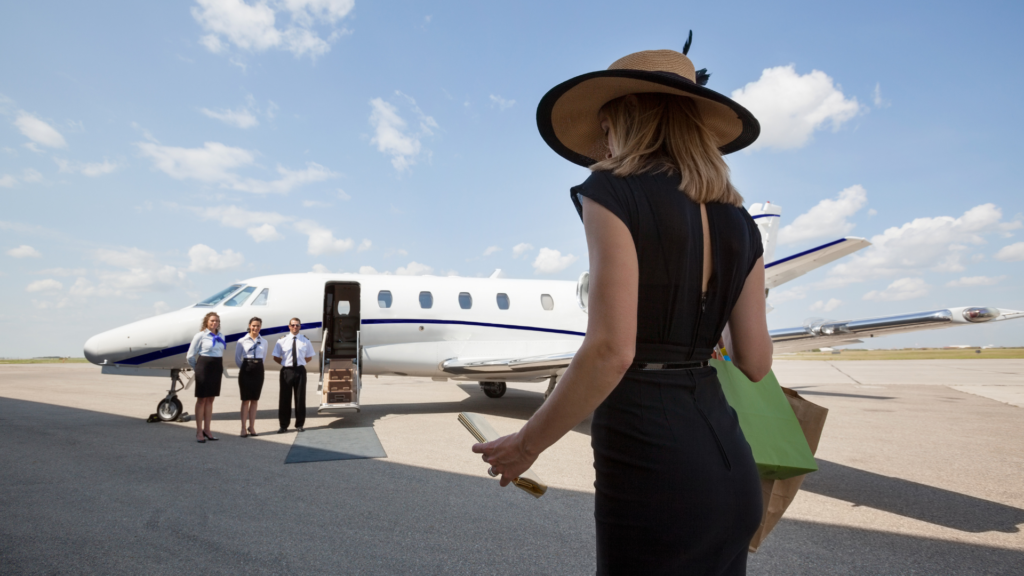The controversy over the use of private jets just won’t go away. This summer, the Minister of Mobility, Georges Gilkinet, expressed his concerns about the number of private aircraft taking off and arriving at Belgian airports.
In a bid to put the brakes on, the question of taxation on kerosene has been revived. Aviation fuel is, until now, exempt from taxation.
In mid-August, figures published by the Minister of Mobility showed that over 50,000 flights by private plane had taken place in Belgium this year.
From January to May 2022, 17,850 private aircraft flights were recorded at Antwerp Airport. In Charleroi, 13,488 flights were observed. In Kortrijk there were 12,888 flights, 6561 in Ostend; in Brussels, 2415.
A soaring environmental cost
Privat flights so far in 2022 already exceed those for the whole of 2021. For the whole of 2022, it is expected that there will be around 130,000 flights of private aircraft on Belgian territory.
This increase is in line with what is observed at the European level and revives the debate on taxation. "Flight tracking", the practice of spotting the movements of private jets of billionaires and other personalities, is increasingly used to point out ecological hypocrisy and nonsense.
It is indeed a peculiarity of aviation that kerosene is one of the few fuels not to be taxed. This is a competitive advantage that the Americans gained for the aviation sector in 1944, under the Chicago Convention. At the time, they wanted to encourage the development of international routes and, through this, benefit American aircraft production plants.
Nearly 80 years on, this tax break is still there and attempts to impose progressive taxes on kerosene have never taken off.
Related News
- Use of private jets 'booming' despite environmental impact
- Number of private flights in Europe up by one-third as wealthiest look to dodge cancellations
- Belgium in Brief: Flying in the face of reason
A 2003 European directive concerns the taxation of energy but leaves kerosene alone. It wasn't until last summer that Europe, at the request of several Member States, returned with a proposal to reform the taxation of energy products in order to reduce greenhouse gas emissions.
This time, the Commission proposed a tax on kerosene from 2023 for all flights within the European Union. So far this project has not yet been completed and sparked a backlash from the aviation sector. It is also conceivable that private planes might be excluded from future EU regulations.
Belgium gets tough?
In Belgium there is a boarding tax for all flights, including private flights, from €2 to €10 per passenger whose destination is less than 500km away.
Yet co-president of the Green party Nadia Naji has added her voice to calls for a specific tax on private jets and other business jets. To put a figure on it, Naji proposes a tax of €3000 per flight of this type from Belgium.
In Europe, CO² emissions from private jets are increasing. The NGO Transport and Environment calculated that these emissions had risen by 31% between 2005 and 2019, "a faster increase than that of commercial aviation".
The NGO Transport and Environment also calculated that a private jet emitted, per passenger, five to 14 times more CO² than an airliner and 50 times more than a train.

